
Somalia: War to Defeat Al Shabab Militarily
But Al-Shabab that splintered from the Islamic movements lost public support after it morphed into terrorist group affiliated with Al-Qaida and started committing unspeakable atrocities against Somalis. Besides killing and maiming thousands of innocent Somalis, destroying private properties, Al-Shabab impeded economic development and delivery of humanitarian assistance forcing millions of Somalis into internally displaced camps and migration (Tahrib) for survival. The South-Central of Somalia became safe haven for Al-Shabab.
Sadly, under the administration of president Mohamed Abdullahi Farmajo (2017-2022), Al-Shabab took over the power, control, and resources of the federal government, invaded Ethiopia, and provided support to international terrorist groups. The United Nations (UN), the United States Government (USG), the European Union (EU), and the African Union (AU)- were aware of the growing power and threats of Al-Shabab and the collusion between the federal government and Al-Shabab but decided to cover-up to the peril of the Somali people.
President Hassan Sheikh Mohamud (HSM) elected for second time on May 15, 2022, vowed to eliminate Al-Shabab by force in Somalia. In fact, the liberation of Somalia from the brutal grips of Al-Shabab is the first pillar of the six pillars of the federal government’s program approved by the House of the people of the Federal Parliament.
To make the vow of "no negotiation with Al-Shabab” mandatory, on July 19, President HSM wrote op-ed titled "Somalia’s President Wants Help to Fight Africa’s Terrorist Groups,” and on October 15, wrote another open-ed titled "There is no Turning Back: We Must Finish Off Al Shabab,” published by international media. He undertook domestic and foreign trips for mobilization of support. He engaged the presidents of the Federal Member States (FMS) to fulfill their share of responsibilities.
President HSM’s proclamation set the stage for brutal and violent confrontation between Al-Shabab and federal government. Al-Shabab didn’t waste time and started waging violent attacks against government forces and civilians to gain the upper-hand.
The president’s proclamation hinges on three elements – complete defeat of Al-Shabab militarily, fight against Al-Shabab’s distortion of Islamic faith, and closing the income generating sources of Al-Shabab. While the implementation of the first element is the key, the second element represents a groundbreaking in the combat against radicalism, terrorism, and opposition to the Westphalian state in Somalia. Given the peculiar financial situation of Somalia, the implementation of the third element requires diligent approach. The financial system of Somalia is vulnerable to foreign recrimination and harm.
President HSM rightly argued that the complete defeat of Al Shabab is a precondition to fast-track the long-delayed state building process and to fulfil the 17 Goals of 2030 Sustainable Development Agenda. However, studies and assessments conducted about the performance of Somali Elite and the foreign influence in Somali politics revealed the invincibility or impossibility of defeating Al Shabab militarily and the inevitability of negotiation with Al Shabab to save Somalia from "intractable war with no end in sight.” Most probably, the International Partners of Somalia are receptive to the findings of the studies and assessments conducted by their scholars.
The International Crisis Group (ICG), a reputable international organization, proposed negotiation with-Al Shabab. On June 21, 2022, ICG issued 46-page report under the title, "Considering Political Engagement with Al Shabab in Somalia.”
The conclusion of the report is based on how long the war with Al Shabab continued -fifteen years –; and its devastation; the failure of the efforts of the federal government, FMS, and the International Partners to defeat Al Shabab militarily for 15 years; the waning of the international support; the effectiveness, adaptation, resilience to counter-insurgency campaigns and setbacks, and the deep entrenchment in the Somali society, particularly in the South Central Somalia Al-Shabab has demonstrated in the last 15 years; and the expected departure of the AU troops in 2024. The report argues that "even new leadership is unlikely to prevail over Al-Shabab by force alone.”
The report is not denying the challenges to dialogue with Al Shabab, but it is insisting that the alternative is never-ending war with Al-Shabab. It contends that given the ineffectiveness of the security forces of the federal government in the last 15 years, the achievement of President HSM’s goal of conclusive defeat of Al Shabab seems almost impossible. Finally, the report points out that the promise of peace among Somalis by President HSM raises the question, "whether that peace is inclusive and extends to Al-Shabab?”
President HSM’s proclamation diverges from the long-standing US government counter-insurgency strategy based on disruption, degradation, and containment. Therefore, President HSM’s proclamation of "no negotiation with Al Shabab” faces the challenge of overcoming the skepticism and intrigues of locals and foreigners.
Additional obstacles to the successful implementation of President HSM’s proclamation include the unresolved political, security, and economic problems left behind by former government of president Farmajo; the incapacity of federal and state institutions to develop and manage a strategy for defeating Al-Shabab in short time; the uncertainty about the support needed for the participation of civilians "Ma’awisleey,” which means "civilians dressed with Sarong,” in the war against Al-Shabab; the messiness of US Counter-terrorism policy; the lack of patriotism, morality, and civic responsibility of the Somali Elite accused of "channeling their energy into bickering over power and resources, leaving the struggle against Al Shabab a secondary concern (ICG);” the freedom of the presidents of the FMS to ignore or sabotage the efforts of the federal government; clan rivalries; and the mysterious fate of the Somali forces in Eritrea. The renewal of the arms embargo on Somalia expresses the contempt and poor rating of the UN Security Council towards the whole Somali State.
So far, the presidents of the FMS are on vacation, bystanders, and saboteurs of the campaign against Al-Shabab. The reticence of the international partners of Somalia in supporting the war against Al Shabab reinforces the narrative about the invincibility of Al Shabab. The defeat of Al-Shabab militarily will contribute to averting famine and climate change disasters in Somalia.
To prevent constant attacks and threats against liberated areas in Hirshabelle and Galmudug States or other places, the entire nation must be on war-footing. Without restricting the freedom and movements of the citizens, the federal government, the FMS, and Benadir Region must mobilize the citizens for vigilance and defense against violent attacks from Al-Shabab. The efforts of Somalis should be complemented by quick support from the international partners to provide protection, administration, and stabilization to the areas liberated from Al-Shabab.
Without sacrificing other pillars of the federal government’s program, the implementation of President HSM’s proclamation requires synchronized efforts of the federal government, FMS, the International Partners, and the Somali people at all levels. The fight against Al-Shabab tests the symbiotic working relationship between the federal and state governments and the respect of the articles 47, 87 (1) and 90 (a, b) of the provisional constitution, and the recognition that Al-Shabab is an existential threat to Somalia.
The momentum of the war against Al-Shabab should not fizzle. The leaders of the FMS and the international partners of Somalia must show will and determination in the liberation of Somalia by force from the bondages of Al-Shabab as quickly as possible. The alternative will be a long-term disaster for Somalia.
Dr. Mohamud M. Uluso



 0
0 
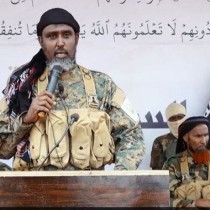
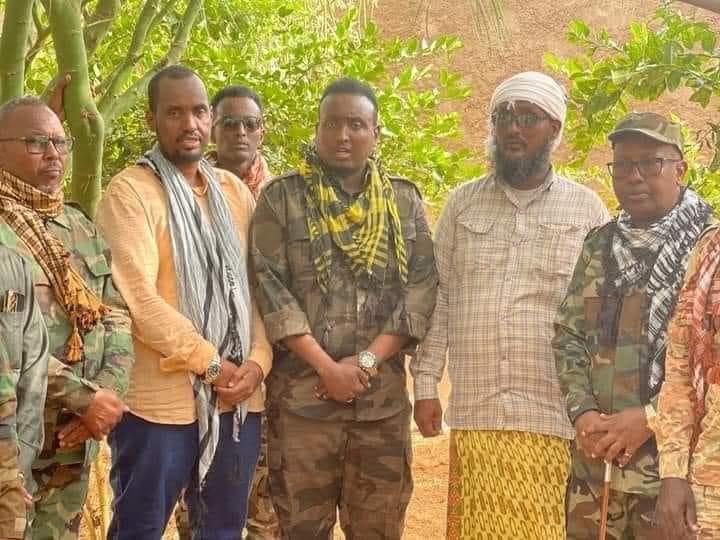
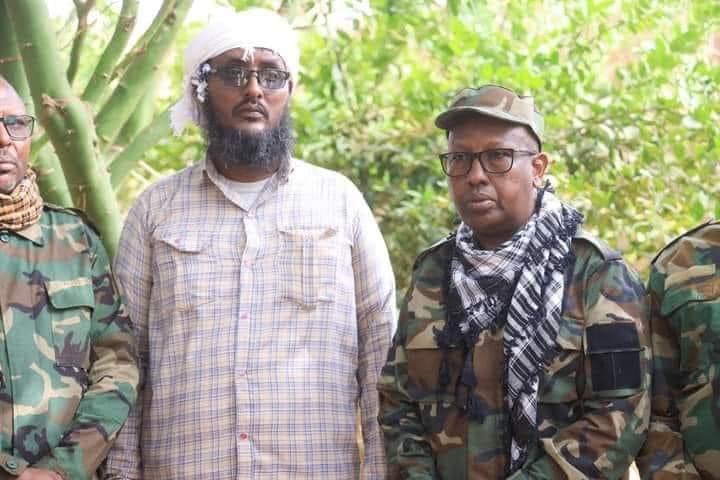

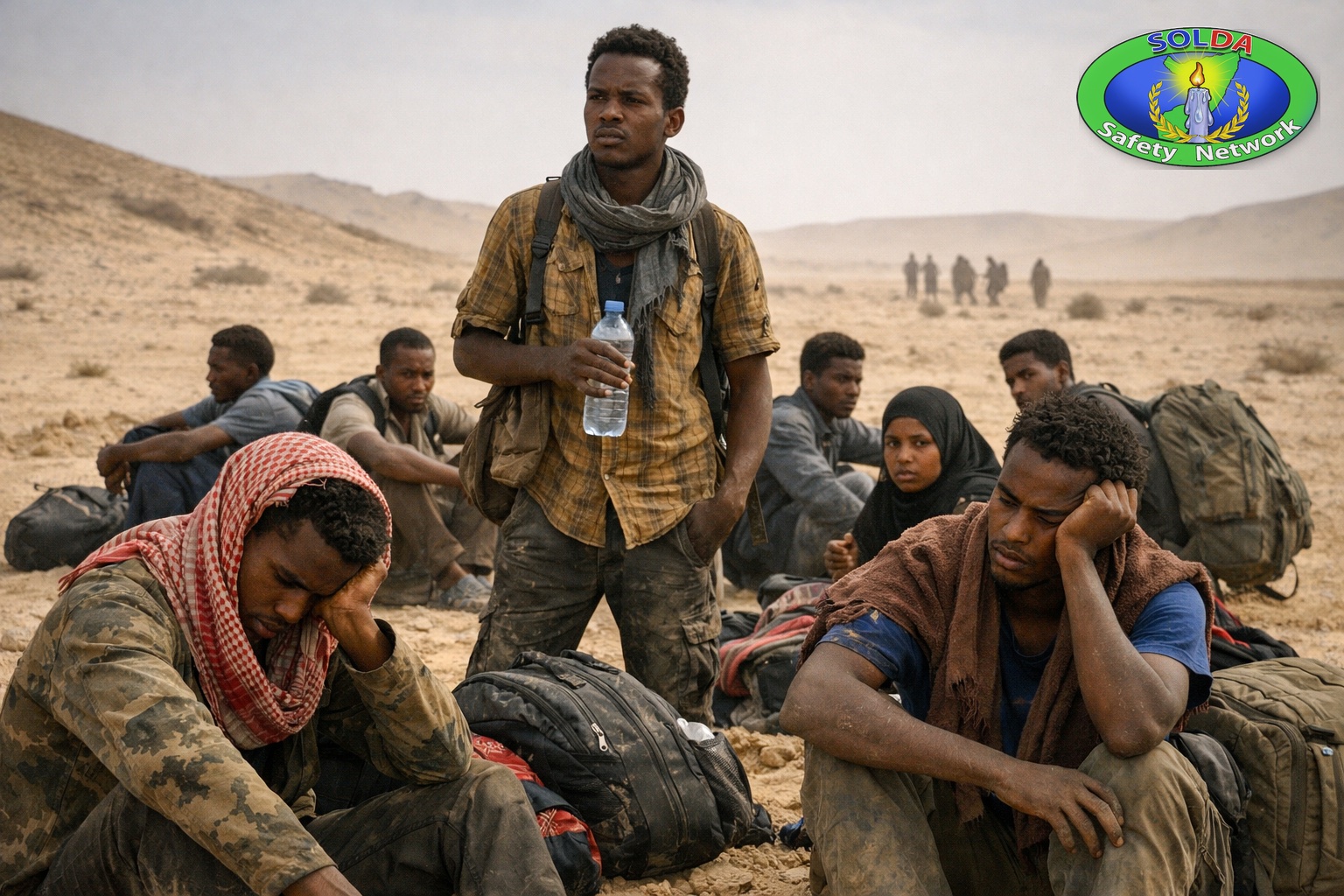

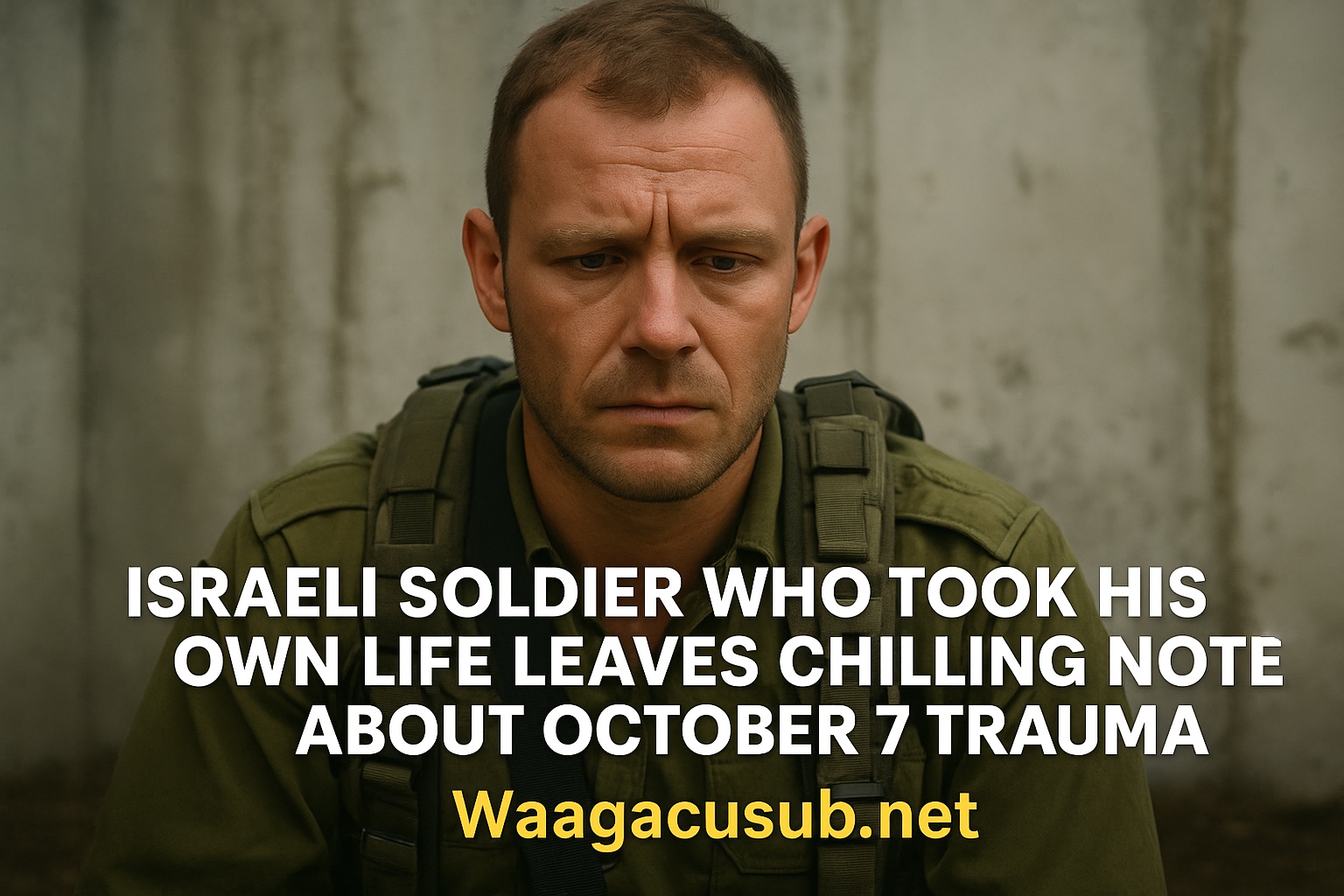
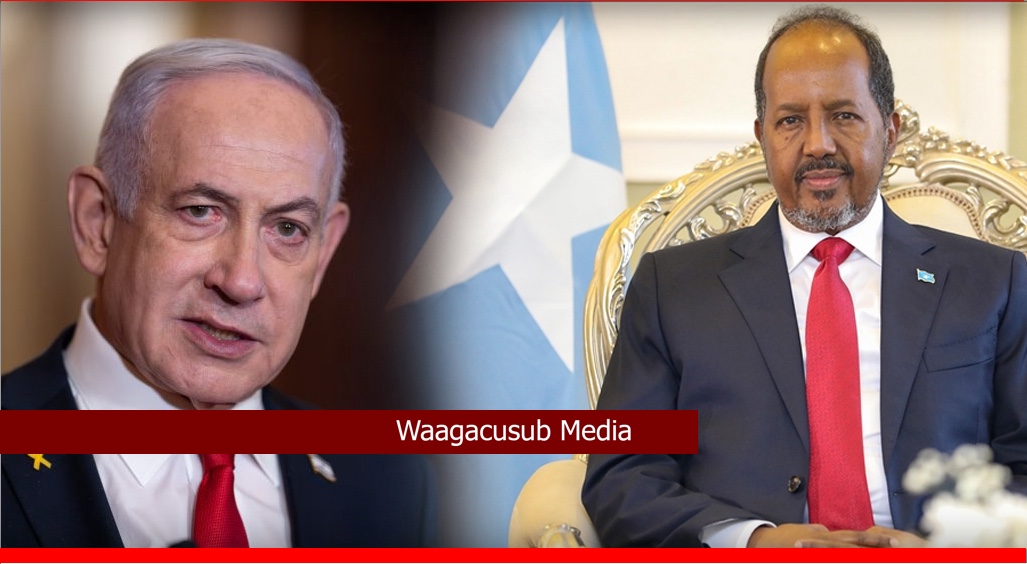


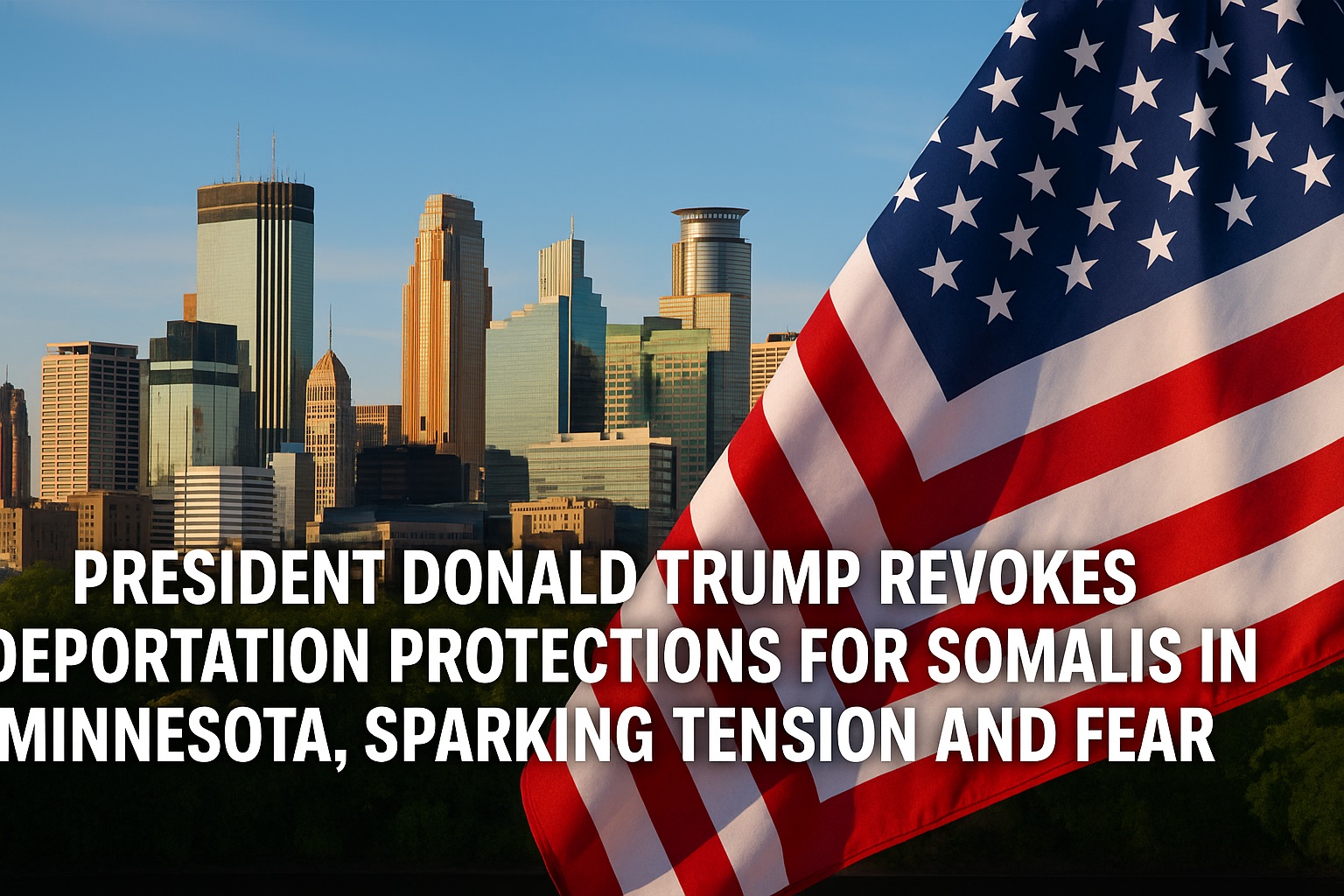
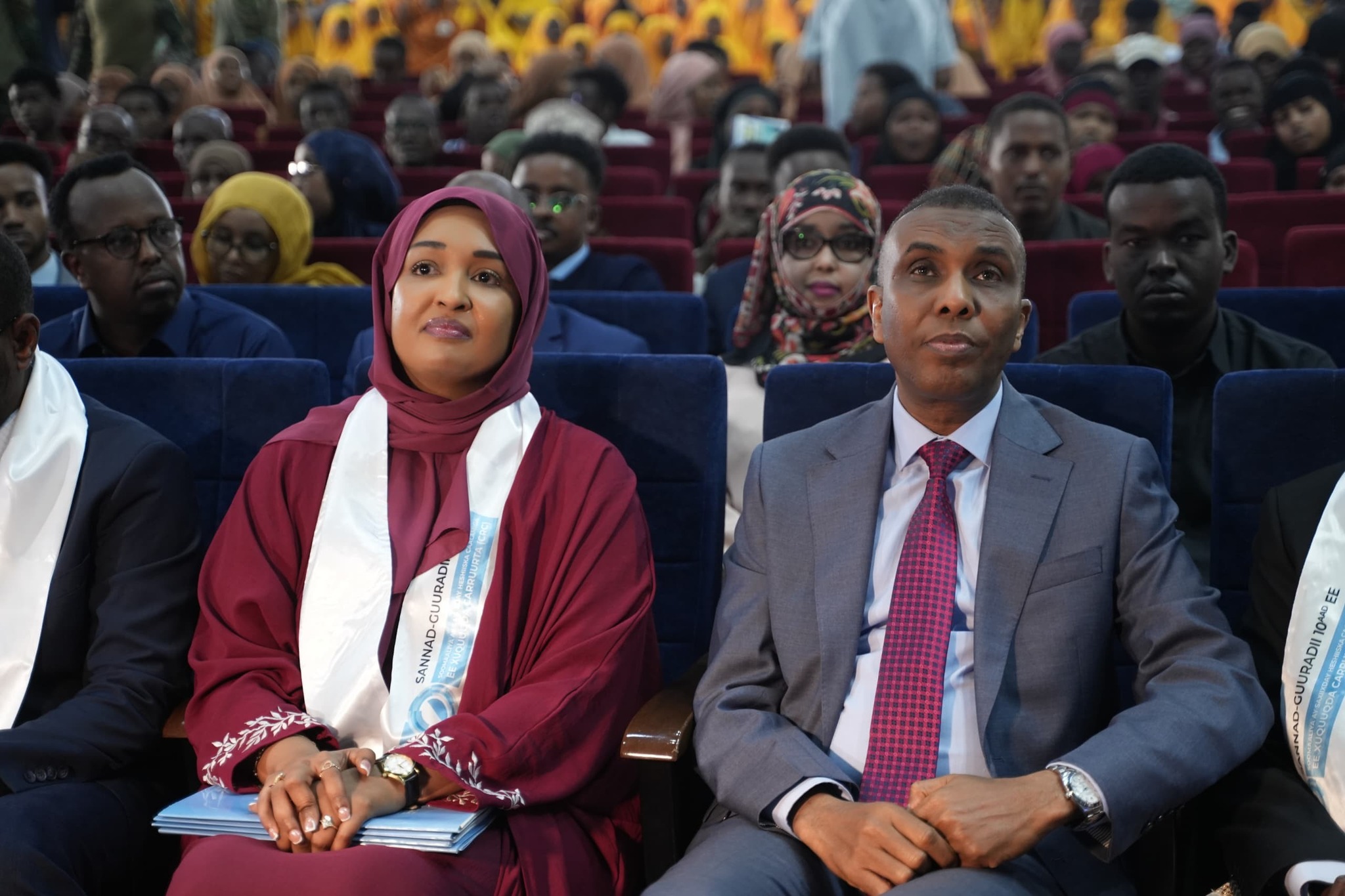
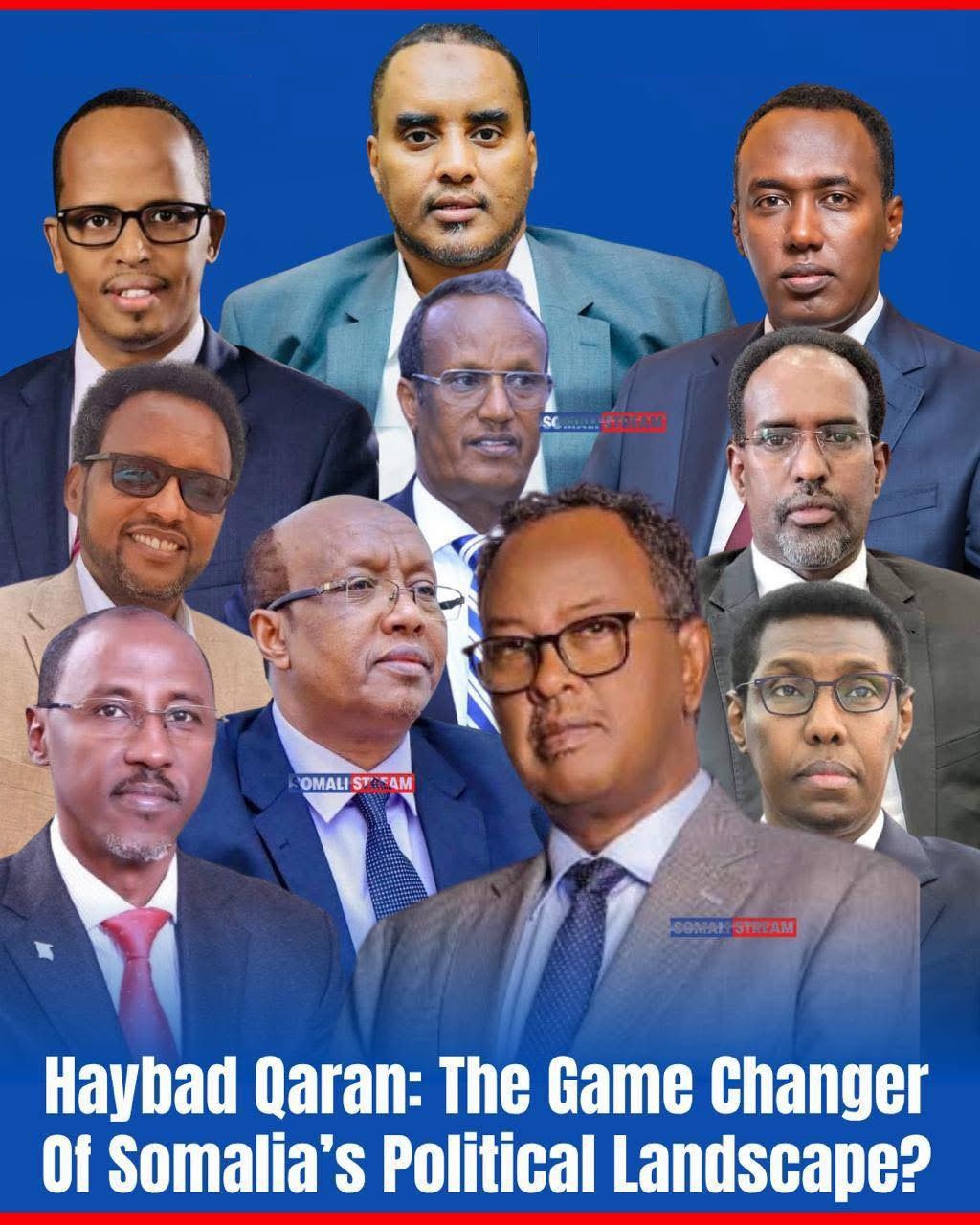

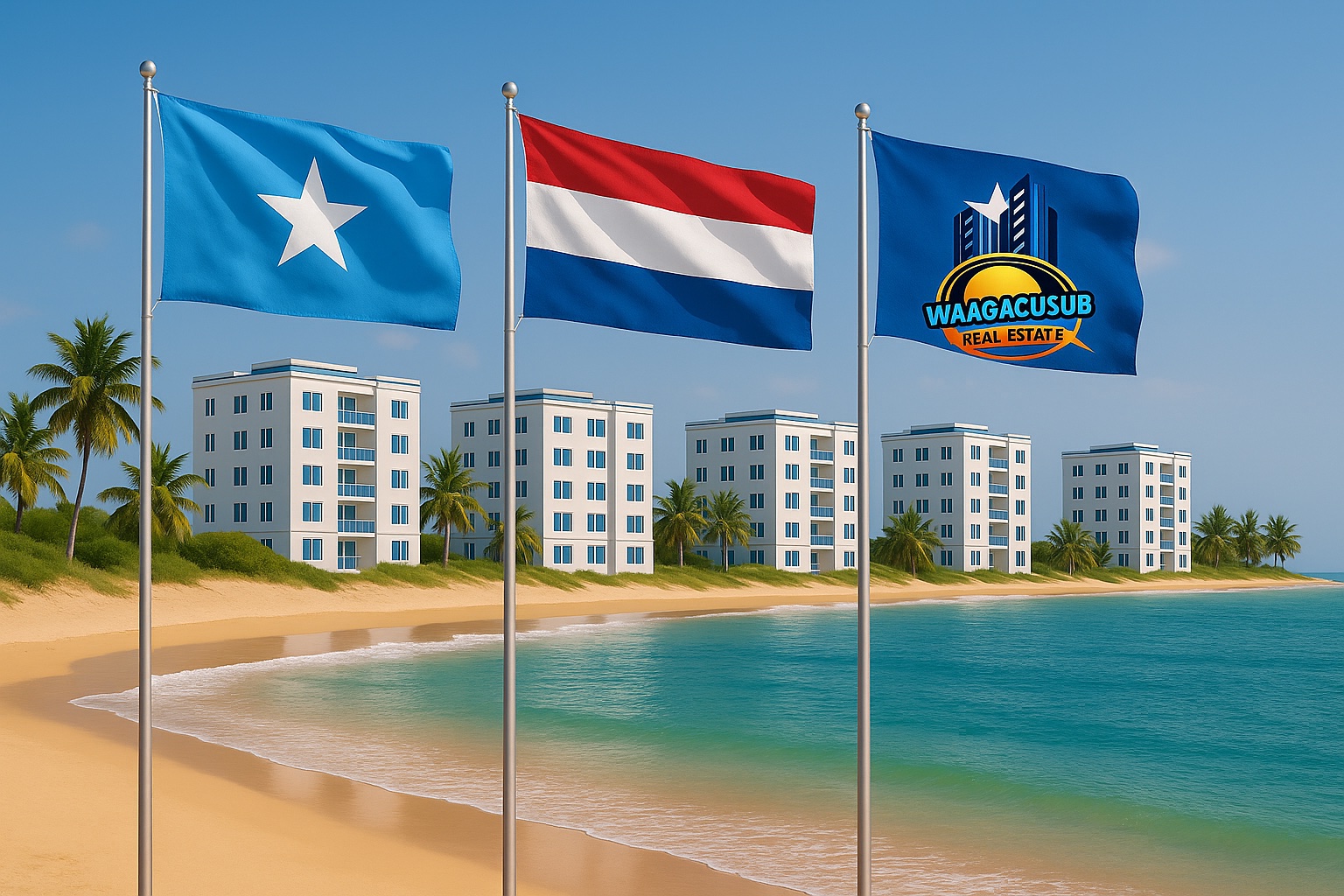
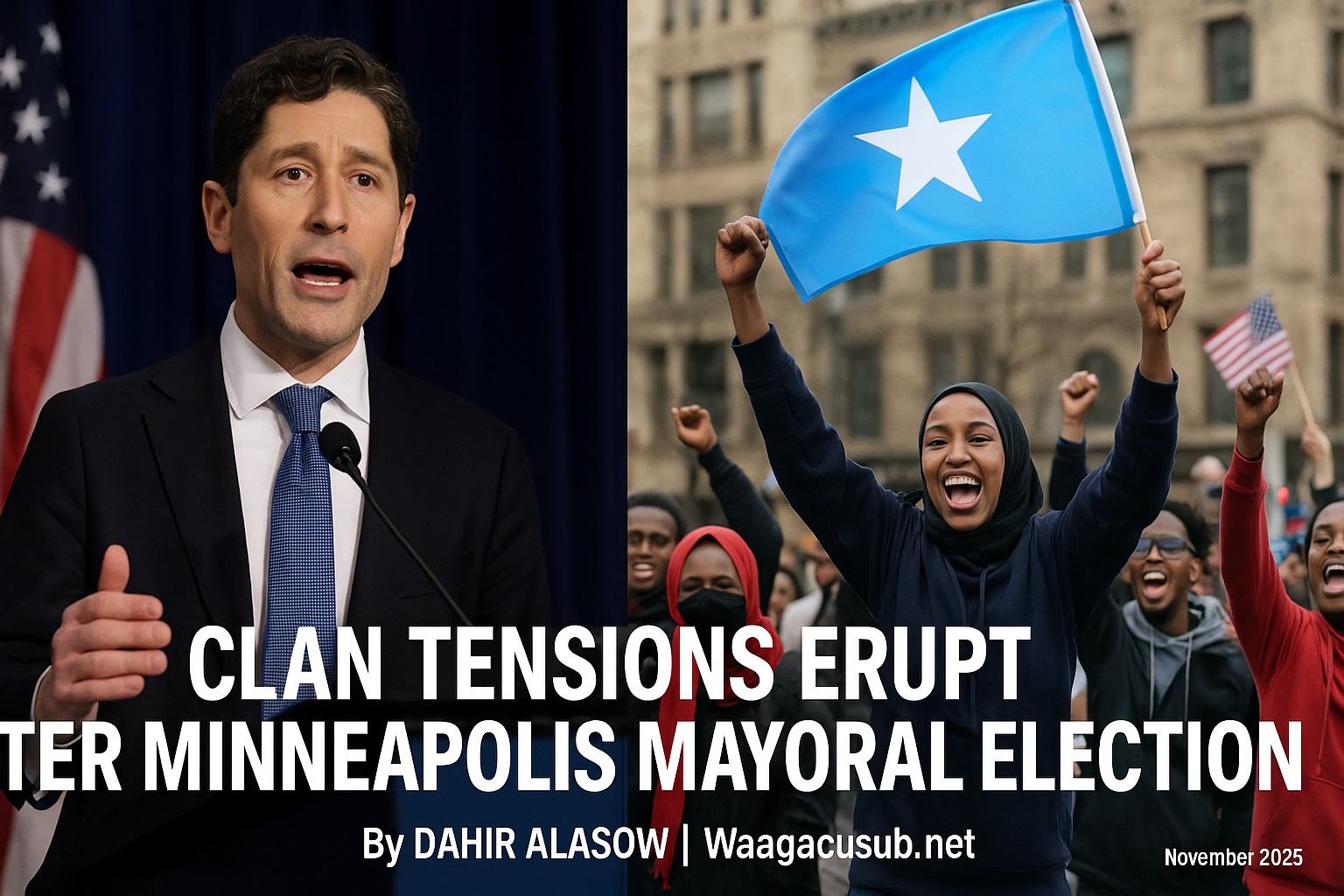
Somalia: War to Defeat Al Shabab Militarily
Waagacusub.com - To overcome the complex problems of civil war, state fragility, and underdevelopment, the Somali people supported risky political changes for a government that promotes freedom, justice, peace, and prosperity in Somalia. For example